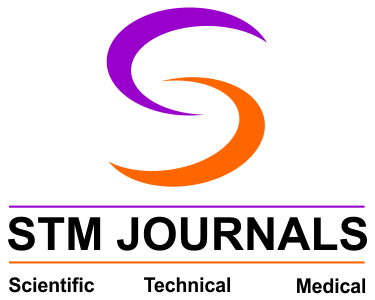About the Journal
Journal of Telecommunication, Switching Systems, and Networks [2454-6372(e)] is a peer-reviewed hybrid open-access journal launched in 2014 focused on the rapid publication of fundamental research papers on all areas of Telecommunication, switching systems, and Networks.
Focus and Scope
-
Fiber Optic Communication Systems: Wireless optical communication, Atmospheric turbulence, Scintillation, Aperture averaging, Dual-hop relay, Diversity, Stimulated Raman Scattering (SRS), Four Wave Mixing (FWM), Phase mismatch, Power compensation, ASE noise power, Gain saturation, Bit error rate.
-
Time Division Switching Systems: Computer-generated hologram, Field programmable gate array, Holography, Three-dimensional display, Multipoint communication, cascade Benes network, cascade Clos network, non-blocking switching network, time division switching, Switching and switching circuits.
-
Voice Data Integration Schemes: Network operators, designers, and software engineers deploying integrated voice/data services such as streaming media, IP telephony, IPTV at such companies as AT&T, Cisco, ISPs, medium access control (MAC), quality of service (QoS).
-
Integrated Service Digital Network: Digital Switching, ISDN, Standard, circuit, communication, network, development, digital transmission, information, service integration, telecommunications.
-
Transmission System: Electric power system operation, Power system planning, Optimal reactive power dispatch, Optimization algorithms, Meta-heuristic techniques, Photovoltaic power plants, Grid support, and Grid codes.
-
Signaling Systems: Vibration signal, Vibration signal, sensors, signal processing algorithms, communications, networking, Network on a chip, Quality of Service (QoS) architecture, Wormhole switching, QNoC design process, QNoC.
-
Urban or Metropolitan Area Networks: Urban Science, Urban Sustainability Science, Cities, Systems of cities, Urbanization, Complex systems, Resilience, Metropolitan areas, Functional urban areas, Suburbanization.
-
Wide Area Networks: World Wide Web performance, Scalability, Proxy caching, Cooperative caching, Turbo FSK, Low-rate Internet-of-Things (IoT), Low-Power Wide-Area (LPWA), Wide-area Service Oriented Architecture (WSOA), power grid equipment, plug-play.
-
Telephone Switches: Telecommunications system, public switched telephone network (PSTN), large enterprises, dial tone, numbering plan area code (NPA code, or area code), private branch exchange (PBX), telephone operator routes, concentrator.
-
Stronger Switching Systems: Switching systems, Hybrid systems, Invariance principles, Dwell-time solutions, Multiple Lyapunov functions, model predictive control (MPC), mode-dependent dwell time (MDT), Extended Dynamic Mode Decomposition (EDMD), Switched nonlinear system, Global asymptotic stability, Lie bracket, Optimal control, Maximum principle, Differential inclusion.
-
Traffic Engineering: Software Defined Networking (SDN), network control plane, communication networks, global network view, Wireless Mesh Network (WMN), Segment routing, Traffic engineering, SR Policy, Routing optimization, and Segment list computation.




